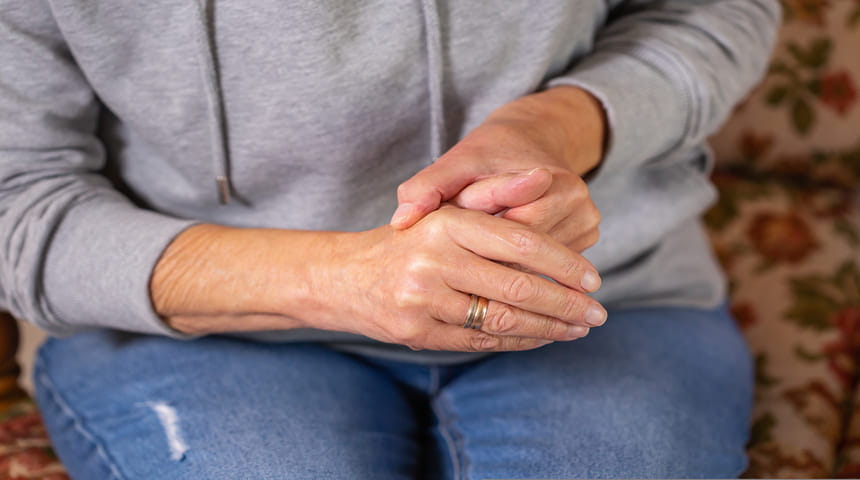When they hear their child has scoliosis, many parents are understandably frantic for answers about how this diagnosis will affect their loved one’s health and future. They wonder, will this curve get worse? Will my child need bracing or surgery in the future? Will my child be paralyzed from the procedure?
While scoliosis is a non-life threatening condition associated with positive outcomes, this type of response is normal. Learning more about the science behind scoliosis and its treatments can help families feel less worried about their child’s diagnosis.
Searching for more information? Here are 5 facts about scoliosis that every parent should know:
1. Scoliosis Is Not an Emergency Diagnosis
First off, don’t panic! Contrary to popular belief, there is no danger in having scoliosis. Upon diagnosis, most children don’t need to be hospitalized, removed from sports teams or have their daily schedules changed. In fact, the biggest risk is significant curve progression over years of time. While parents should always discuss their child’s prognosis with their doctor in detail, it’s important to remember that the vast majority of scoliosis patients can continue living their normal lives.
2. The Younger the Child, the Likelier Scoliosis Will Progress
Most children with scoliosis are diagnosed between the ages of 10 and 15. It’s far less common to show signs of scoliosis at infanthood or early age. Referred to as early-onset scoliosis, these patients usually face a different set of risk factors. For one, early-onset scoliosis is sometimes accompanied by other conditions, such as chest wall deformities, spina bifida or cerebral palsy. The curvature of the spine also may continue to progress as young children grow older, making the use of braces and surgery more likely.
However, kids diagnosed with scoliosis at a young age may develop normally, without medical interference. By working with a specialist, parents will gain a better understanding of what treatments their child may need and the potential complications they face.
3. Scoliosis Is Usually Hereditary
Scoliosis tends to be passed down to children through genetics. Although parents might feel perplexed by this if they didn’t have scoliosis as a child, it may have occurred in other family members, such as a great-grandparent. Whether a documented family history of scoliosis is present or not, a child having scoliosis is no one’s fault. Yes, getting lots of exercise and eating a healthy diet is vital for a child’s overall health. But scoliosis itself is not preventable, meaning there’s no way that parents could have changed the outcome of their child’s diagnosis.
4. Most Scoliosis Patients Do Not Need Surgery
Upon hearing the word “scoliosis,” some parents may envision their children having to immediately endure surgery, followed by endless days of inactivity. Fortunately, this preconceived idea of treatment is inaccurate. In fact, only about 10 percent of children with scoliosis will need to have spinal surgery in the future. Only about 30 percent of scoliosis patients will have to wear a torso brace, which is used to support and straighten out a child’s spine as they grow.
While surgery is a serious decision for any parent to make, the outcomes for scoliosis surgery are positive, especially if the child receives surgery at a young age. Through discussions with their doctor, parents will develop a better understanding of what risks surgeries carry, as well as what the recovery process will be like for their child.
5. The Curve Shouldn’t Interfere with Normal Activities
Scoliosis normally doesn’t cause significant pain or other health problems. Therefore, not only do most scoliosis patients never undergo surgery for their condition, they continue living fulfilling, active lives.
For parents worried about their children’s futures, it’s important to remember this: Famous actors, dancers, models and even Olympic athletes have revealed that they have scoliosis. The takeaway? While scoliosis requires monitoring and — depending on its severity — possible life adjustments, it’s a manageable condition with positive outcomes. Even with a torso brace, kids are known to compete in sports, play with their friends and enjoy a fun, carefree childhood.
Choose Award-Winning Orthopedics For More Adventures.
With small bodies and big imaginations, kids need expert pediatric-trained orthopedic specialists. Whether it’s a major bump, a fracture, break or even a more serious skeletal issue, look to our award-winning team so your child can get back to living out their wildest dreams.
Learn More





